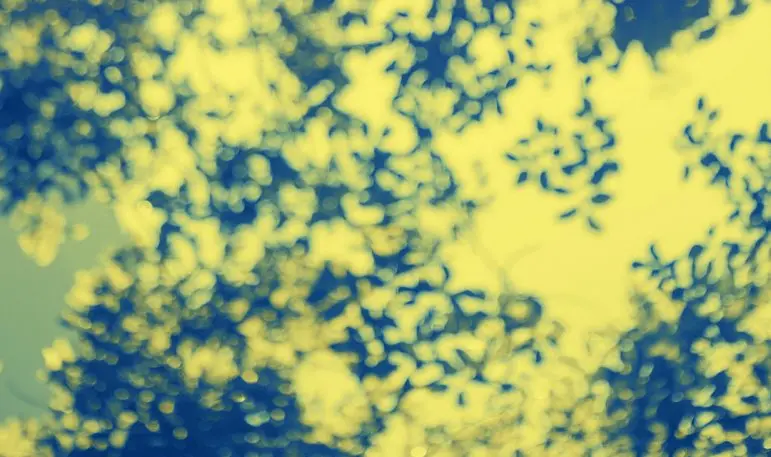“The problem with conservation,” says Alex Dehgan, “is that it’s only filled with conservationists.” Dehgan himself has a background in evolutionary biology and conservation by studying lemur populations, but working in the field, he quickly came to the conclusion that the ability to analyze animal populations would not prevent them from dying out. “The field of conservation itself is technophobic and backwards-looking,” he says. “The most depressing person you could invite to a dinner party is a conservation biologist, because we literally are in a discipline whose job it is to document and lament the passing of a species.”
Conservation X Labs (CXL), which Dehgan launched in 2015 with Paul Bunje, chief scientist at the XPrize Foundation, aims to apply the tech startup model to the practice of conservation. In its nearly two years of existence, the organization has hosted numerous hackathons and challenges for innovative, tech-driven solutions to species extinction and environmental degradation. In 2016, CXL partnered with the Australian Government, World Wildlife Fund, and Second Muse to host the Blue Economy Challenge, which selected 10 winners whose innovations are geared at developing a more sustainable fishing industry.

CXL’s newest initiative, the Digital Makerspace platform, was launched over the summer and born out of a desire take the people who were technically the losers of these challenges and bring them into the community of practice tackling conservation issues. The platform is still in beta, but an initial group of members who have registered through CXL are currently collaborating and sharing ideas on the site. “It’s not so much about being a site just for experts,” CXL project manager Cassie Hoffman tells Fast Company. “We really see this as a place where people can explore new projects and skills that they’re interested in.”
To that end, the site combines a Reddit-like discussion board, where members can casually and informally chat about any topics that pique their interest, from thoughts about wind energy storage to water monitoring, with concrete ways to collaborate on specific challenges and projects. CXL has partnered with various conservation organizations, from the World Wildlife Fund to the Department of the Interior, which will pose challenges to the Digital Makerspace’s members. Those will range from a call for ideas to develop a new sensor-based camera system to detect wildlife, to suggestions for ways to stop wildlife trafficking.

On the Makerspace, members can also source inputs on projects or ideas that are already underway. Through Oceans X Labs, a digital accelerator hosted through the Makerspace, New Wave Foods, a San Francisco-based seafood startup that’s manufacturing a vegan, plant-based shrimp alternative to offset the unsustainably high demand for the wild-caught variety, is sourcing input as it scales up.
And marine biologist David Baisch, for example, is seeking input on his idea to develop a barcode scanner-like device that will be able to read DNA extracts from any species, and identify them accordingly. The idea came about, Baisch said in a post on the site, because he realized that even as a trained marine biologist, he struggled to differentiate certain fish products, and wanted to develop a way to do so quickly and reliably. Using DNA testing would enable researchers and distributors alike to proactively address issues like seafood fraud–there’s a significant difference between selling legal paddlefish caviar and illegal sturgeon caviar, even though to a consumer and a biologist, they may appear indistinguishable. Baisch is seeking input from engineers and product designers on the Makerspace who will be able to expand the device’s functionality and accuracy. Because the platform is still in very preliminary stages, connections between all the different users are still growing, but the founders are optimistic they will lead to productive collaborations.
“It’s not enough to stick a conservation biologist in a closet and expect them to come up with a solution,” Bunje says. “We need people from all different disciplines–engineering, design, economics, even marketing–to turn ideas into functioning prototypes and test them on the ground.” The Makerspace, the CXL team hopes, will provide the necessary structure to facilitate those cross-disciplinary collaborations.
Recognize your brand’s excellence by applying to this year’s Brands That Matter Awards before the early-rate deadline, May 3.
